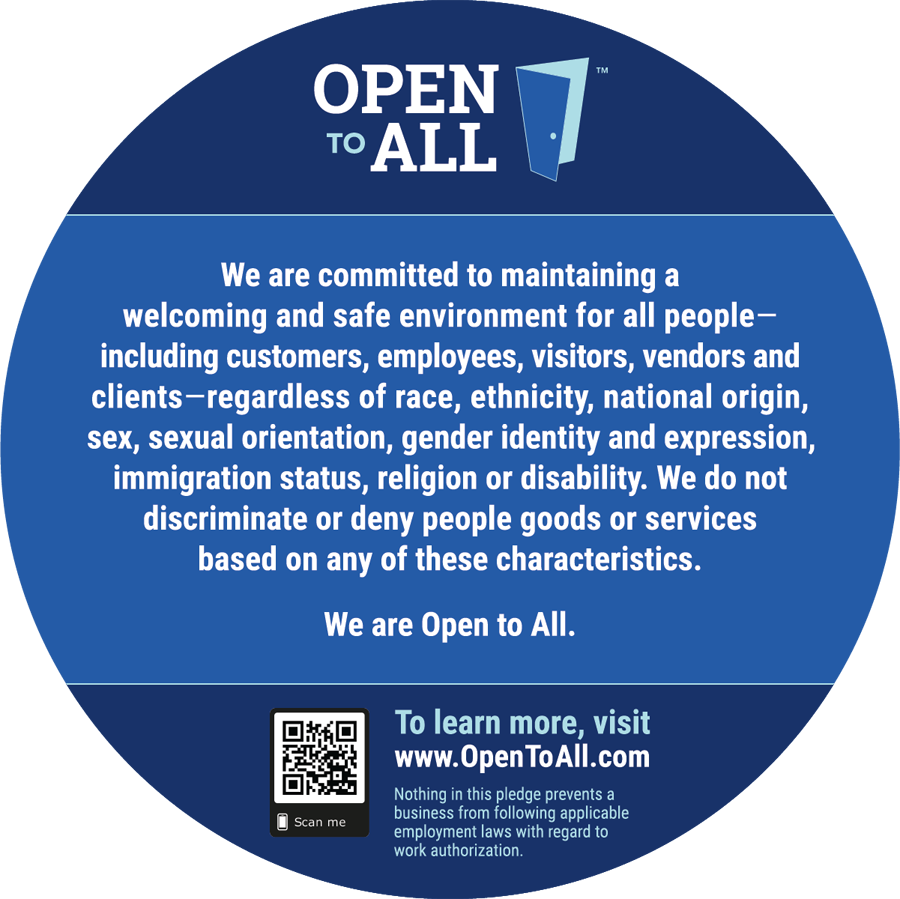“You are an expert,” he told me. “We want you to give us the answer.”
“Then I’m not for you.”
I guess I could have just taken the money, but it would have cost me my integrity.
Many companies don’t believe they have time to learn a new way to work. They just want someone to make their problems go away.
Little do they know that their outdated mentality is creating more problems than anyone can solve.
When a company doesn’t take ownership of its own problems, it is bound to repeat them. When a company is more interested in treating symptoms than addressing the cause, it is bound to stay sick. When a company prefers to get a quick answer from a consultant rather than build the capacities of its internal team, it is bound to become incompetent.
Consultants are valuable assets when used as facilitators, trainers, and coaches. They can help establish a new process, introduce new methods and models, provide ongoing feedback on the team’s work. But when a consultant is expected to be a magical genius who tells everyone what to do, neither party really learns anything.
I could give you the answer, but what good would it do? You’ll just turn around and create another problem for me to solve. Good business model for me, perhaps. Not so much for you.
Outsource your problems, outsource your empathy, outsource your culture, outsource your profits. Might as well outsource the whole show and just go home.
Related Posts:
- User Experience Coaching for Drupal.org May 3, 2014 | 1 comments
- 5 Years of Independence August 22, 2013 | 10 comments
- My Natural Next Step: Becoming a Coach May 1, 2013 | 8 comments
- The Management Problem August 29, 2012 | 4 comments
- How “When I…” Reasoning Poisons a Team August 16, 2012 | 11 comments



Love this post. It also applies if you’re a frustrated employee at such a place where management doesn’t invest internally and wants to pretend the solutions of the mid-1990’s are still as effective today.
So true! Coming from the corporate/in-house side of this, I wish that more people and companies understood that a consultant is someone who collaborates with you and brings a new perspective. Not someone who tells you what your product is or should be. If the company doesn’t already know that, they’re sunk.
+1000.
From a tactical perspective, how do you filter out clients that “just want an answer”? I mean, is it apparent at the beginning of an engagement that they’re looking for a quick fix?